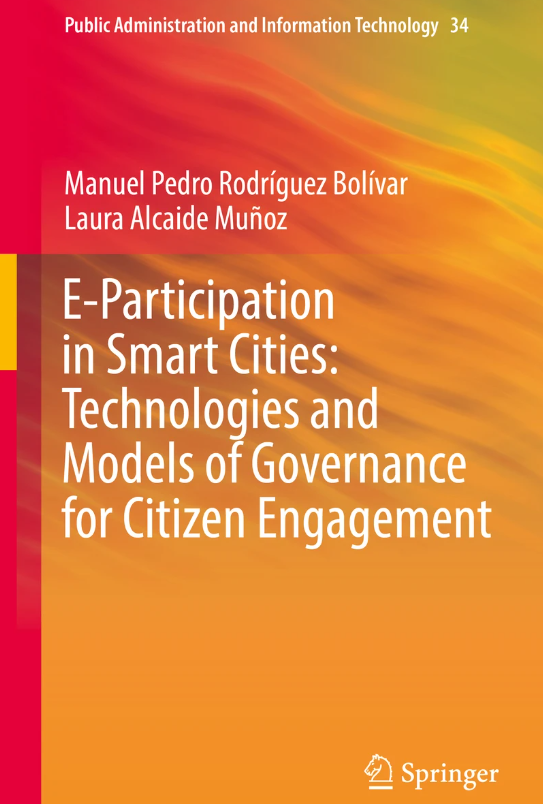Smart Governance for Inclusive Socio-Economic Transformation in South Africa
Are We There Yet?

The digital transformation that promotes the inclusive socio-economic transformation of societies into smart societies is often confronted by socio-economic, political, and regulative challenges that have compromised the governance of smart societies. This calls for governments to respond with appropriate mechanisms for strengthening “smart governance.” Smart governance, through its three pillars of (a) leadership and governance, (b) integration and collaboration, and (c) information and communication infrastructure, could become an enabler of successful digital transformation. In this case study of South Africa, a developing country that has adopted a “smart” agenda, we discuss institutional mechanisms implemented to strengthen smart governance in support of the government’s long-term goals of inclusive socio-economic transformation.
The study found that the effectiveness of institutional mechanisms such as policy, legislation, norms, and structures for strengthening smart governance, have been compromised by institutional weaknesses such as lack of political cohesion, power struggles, loss of public trust in public institutions, and poor collaboration. Inclusivity in the implementation of policies and programs meant to promote socio-economic transformation remains a significant challenge. This suggests that smart governance is still in the pre-institutionalisation or habitualization stage.
The chapter is part of the Public Administration and Information Technology book series (PAIT, volume 34).
Abstract based directly on original source. Back to the SmartCity.ZA collection.



Comments